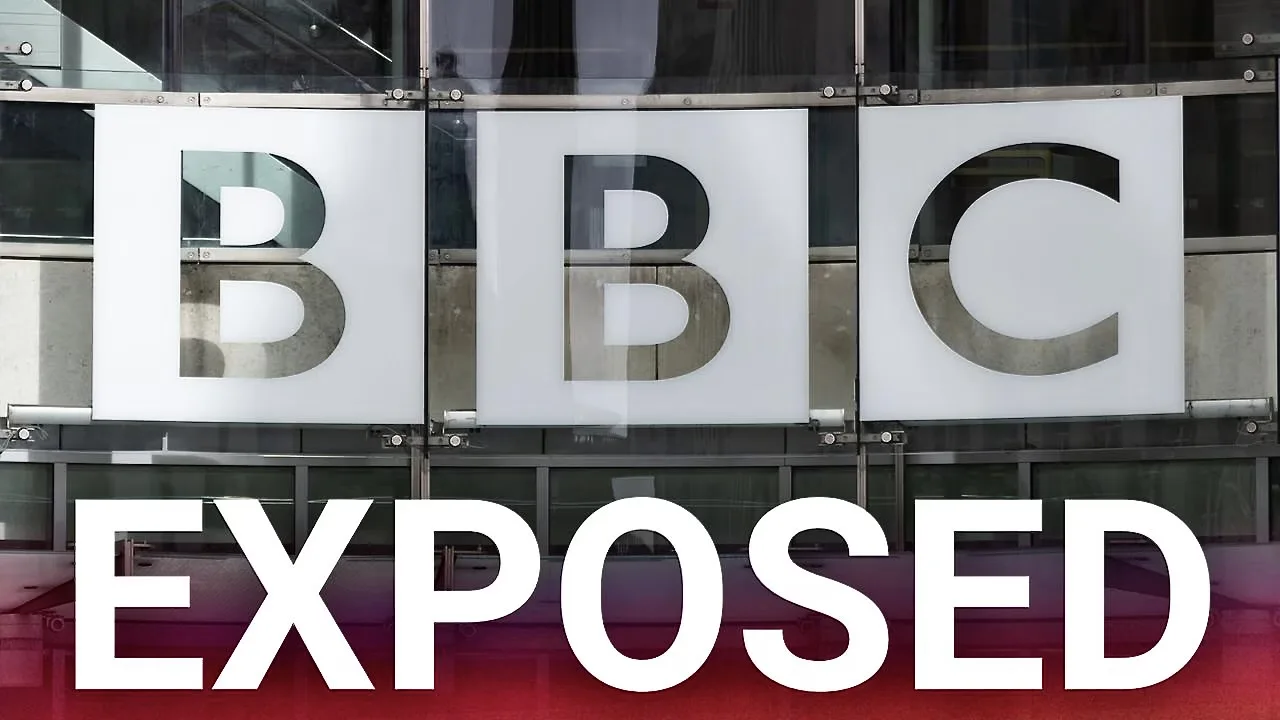
London, England, UK - When the BBC’s flagship program Panorama aired its pre-election special on Donald Trump, few expected it would end up under investigation. But a whistleblower’s dossier now shows that the broadcast included a deliberately spliced sequence of Trump’s January 6 speech—linking two lines spoken nearly an hour apart and adding out-of-sequence protest footage. The edit reversed the timeline and completely changed the meaning of what he said.

The result was not a misunderstanding; it was a reconstruction.
Trump’s original words—“we’re going to walk down to the Capitol and cheer on our brave senators and congressmen and women”—became, through editing, “we’re going to walk down to the Capitol… and we fight like hell.”
To any viewer, that construction suggested an explicit call to march and attack. In reality, the two thoughts were separated by fifty-four minutes and a plea to “peacefully and patriotically make your voices heard.”
For the BBC, this is more than a journalistic blunder.
Panorama isn’t a late-night talk show; it is the most carefully vetted investigative program in British broadcasting. A segment of that sensitivity would have passed through multiple editors, lawyers, and compliance officers before reaching air. The idea that such a splice could happen unnoticed defies how the system works. Someone storyboarded it. Someone approved it. Many signed off.
That is what makes this story so serious.
If Britain’s publicly funded broadcaster is found to have distorted the words of a U.S. president—just days before an American election—it strikes at the core of what Western journalism claims to stand for: accuracy, fairness, and the separation of reporting from advocacy.
The BBC now faces not just reputational damage, but a credibility crisis that reaches into the heart of its Charter renewal. The world has long treated the BBC as a reference standard for balance. But if “due impartiality” can be bent to fit an editorial narrative, then the standard itself is gone.
The real issue is not Donald Trump. It is trust—trust in institutions that claim to tell the truth while quietly shaping it. Once that line is crossed, there is no easy edit to put it back.